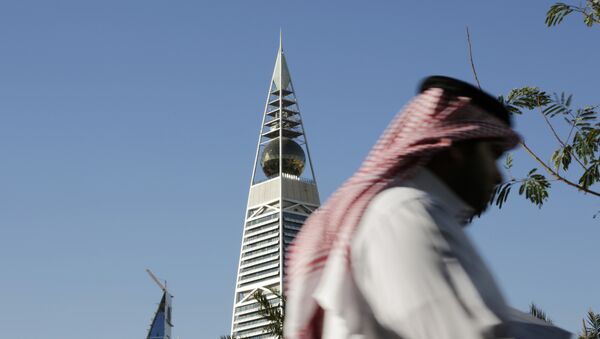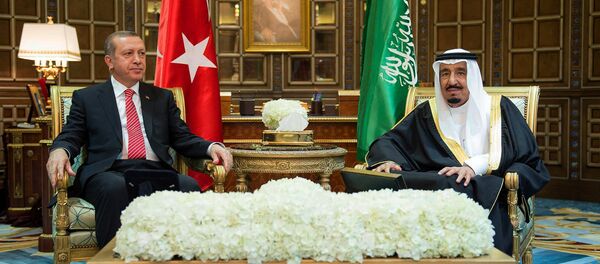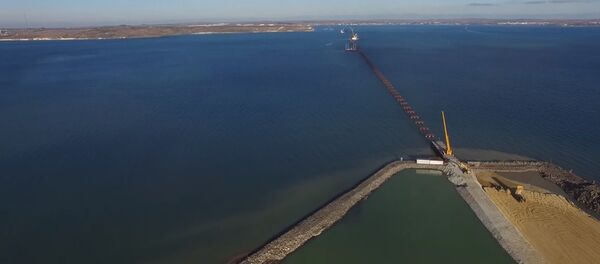“My Prime Minister David Cameron has said that we are worried about terrorists coming back from Syria and setting off their bombs here and Mr. Putin has said exactly the same thing. We have a very strong shared interest and we should be working together to deal with ISIS [also known as Daesh].”
Sir Tony Brenton went on to say that there are still very strong differences between Russia and the West.
“Russia has been much more supportive of President Assad than we have been. We feel that Assad is an appalling leader of Syria and we think he is the large part of the problem there. There is also the difference between who we agree we should be helping on the ground as far as moderates are concerned. But my point is that we should set those differences away and work on things together and deal with ISIS.”
Talking about the role of Turkey and Saudi Arabia in the region, Brenton said that both countries dislike Daesh as much as the UK does but they have different links into the region. “Turkey has concerns about the activities of the Kurds on their South because they fear that the Kurds might break away and press for independence.”
“The Saudis have links with other Islamist organizations in Syria which we dislike as much as we dislike ISIS. So there are different approaches by the Americans, by the British, French and Russians. But the common goal is to deal with ISIS and move Syria towards a political process for a proper established government and then leave the other stuff for now.”
The former ambassador said, “We are playing our own games including Russia but the main point is that Turkey has had ISIS bombs lit off on its territory and so it wants to deal with ISIS as much as we all do but it also has other interests to protect the North of the country.”
Speaking about the solution to Syrian crisis, Brenton said that all the biggest countries in the world are against these Islamist extremists. “One of the key problems has been the lack of unity and coordination and I hope that this problem is soon overcome.”
“There are real costs of sanctions both for Europe and for Russia. If the Minsk agreement remains in place and action towards ceasefire continue then debate about sanctions in Europe will change.”
“Resolving the difference regarding Crimea will take a lot of time and it won’t happen quickly at all. Here in the West there is little understanding of the Russian point of view. I know the history of Crimea and I know the links that Russia has to it,” the ambassador said.
But so far there is a deep misunderstanding in the West regarding what Russia did in Crimea and so the West continues its deep opposition to Russia.




